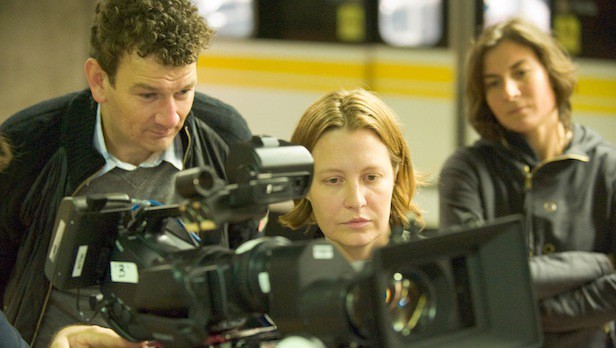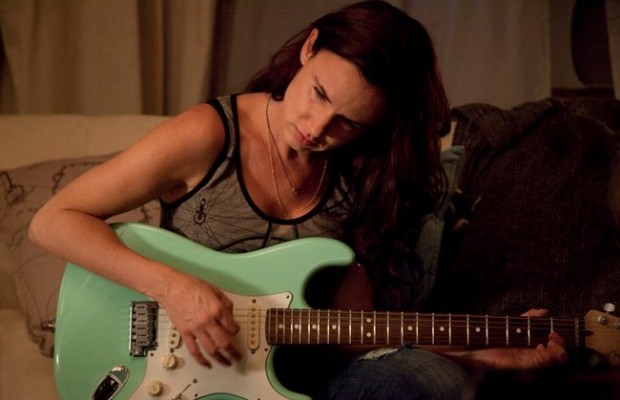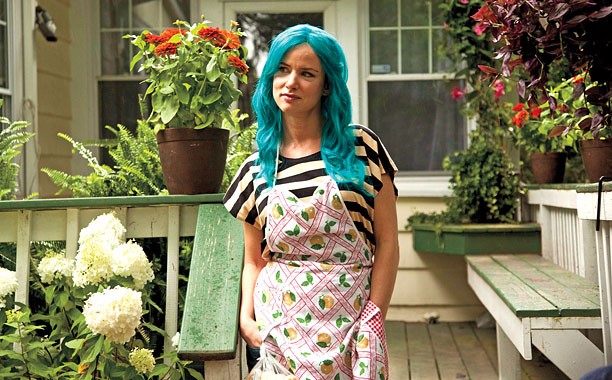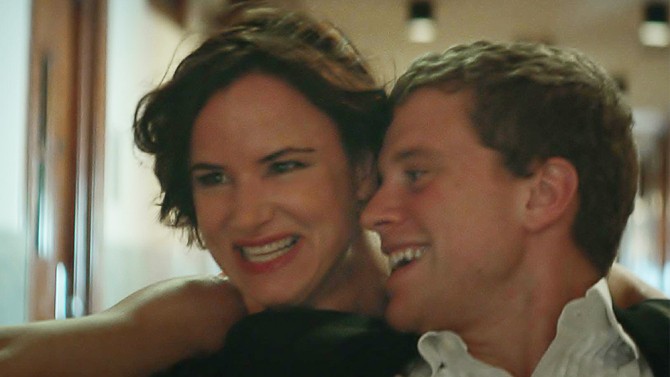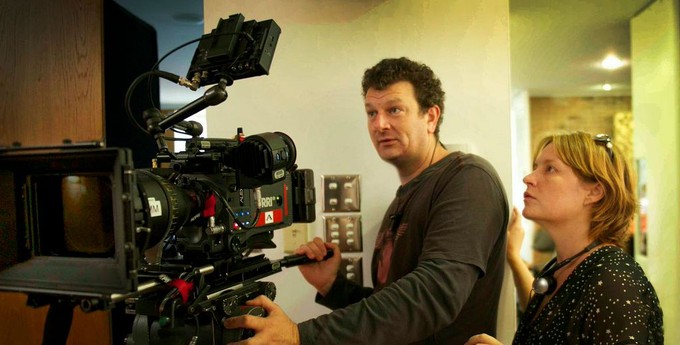Ain't It Cool News (www.aintitcool.com)
Movie News
Capone chats with Jen McGowan, director of KELLY & CAL, out today on DVD!!!
Hey everyone. Capone in Chicago here.
Jen McGowan: Yeah. I'm so excited you guys are doing this interview.
Readers Talkback

